The actor behind Elendil in The Lord of the Rings: The Rings of Power has explained how his time working on a Bollywood flick helped him learn Elvish for his Middle-earth outing.
Elendil has quickly become a fan favorite, despite only appearing in the latest third episode of the series. We’ll no doubt see a lot more from the character until The Rings of Power is through, but one of the more interesting aspects of taking on this role for Lloyd Owen was getting to learn Quenya, J.R.R Tolkien’s invented language for the Elves.
In a recent chat with Entertainment Weekly, the Welsh actor explained how learning the Elven tongue was similar to when he had to practice his Urdu.
“It was great, actually. A couple of years ago I did a Bollywood film called Thugs of Hindostan with Aamir Khan, and I had 36 scenes to do, which were all in Urdu. The director wanted my English character to be so good at speaking the language that he would be even more fearful as a member of the British East India Company, as a baddie, basically. I’d had this experience of being given words essentially as sounds and trying to make sense of them.
So being given the Elvish was another moment where I recognized this was a similar journey. And it’s a joyful journey because you have to unpick language in a way that you try and relate to your own language. You work out where the vowel sounds are, what the conjunctions are, which words are important, what the rhythm is. Obviously, Tolkien being a philologist, it’s very beautiful to say Elvish. It’s quite joyful to get your tongue around.”
In continuation, Owen cherishes every scene where he has to talk Elvish because of how melodious the language is.
“Every time a script comes in and there’s a bit of Elvish, my little heart jumps. My soul sings because I’m like, ‘Okay, good! I can get some more of that.’ [Laughs] There’s this word “namárië” which I love, which I get to say later on. To get the chance as an actor to be the person who says it in the character of Elendil is pretty special.”
Namárië is a Quenya word that translates to “be well,” which is commonly used by the Elves when they want to bid somebody farewell. The Lord of the Rings fans first learned of it when Galadriel sang a sorrowful tune in Lorien called “Altariello nainië Lóriendessë.”
The Rings of Power continues to air weekly on Amazon Prime Video.

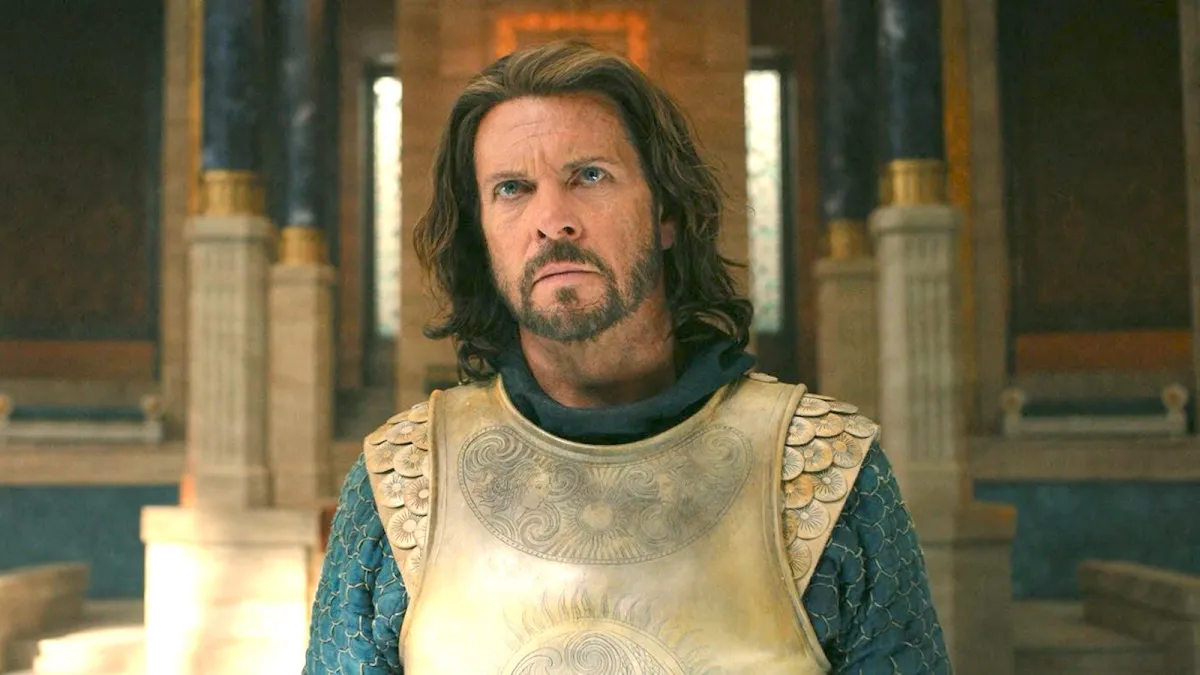
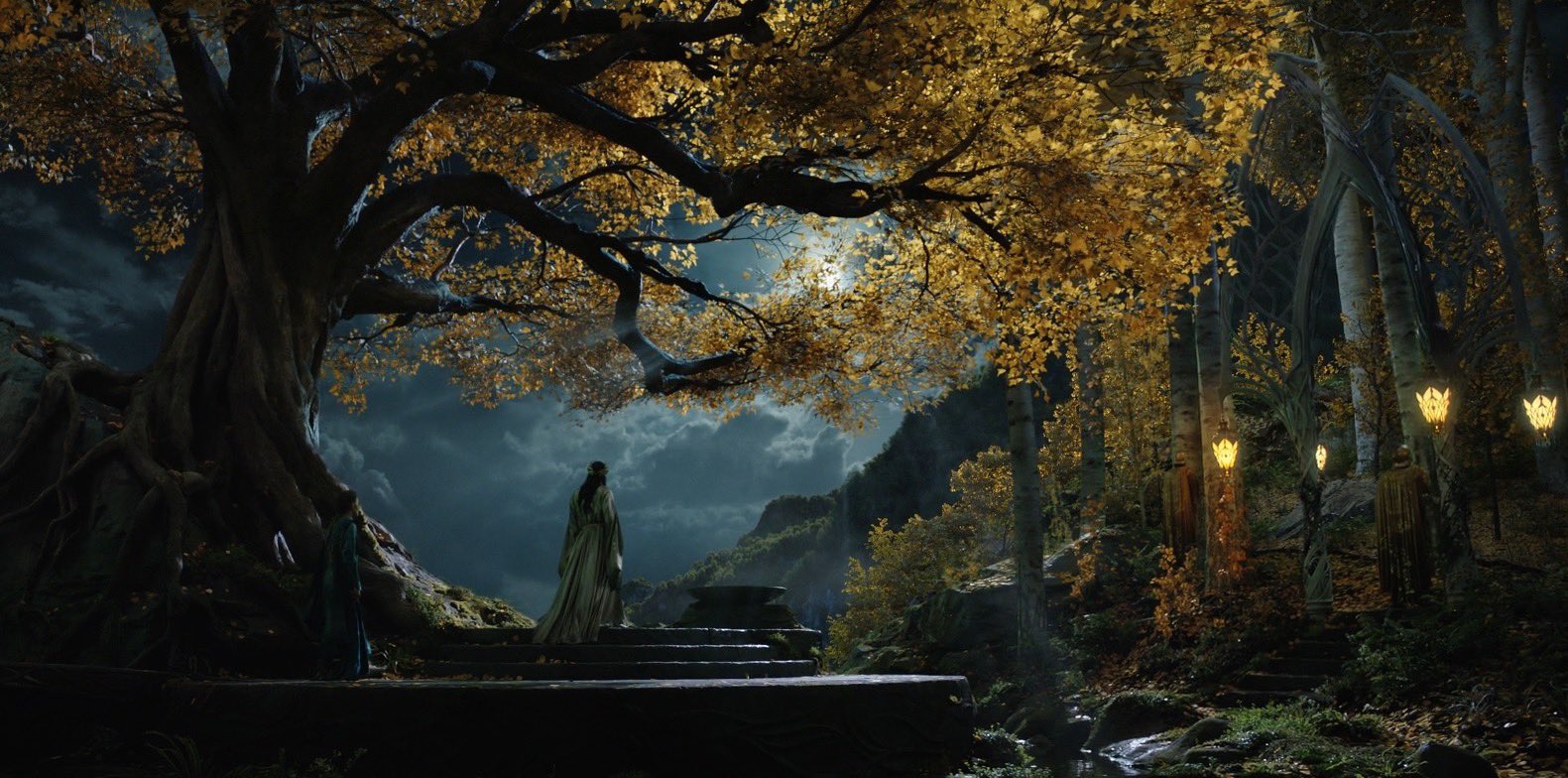
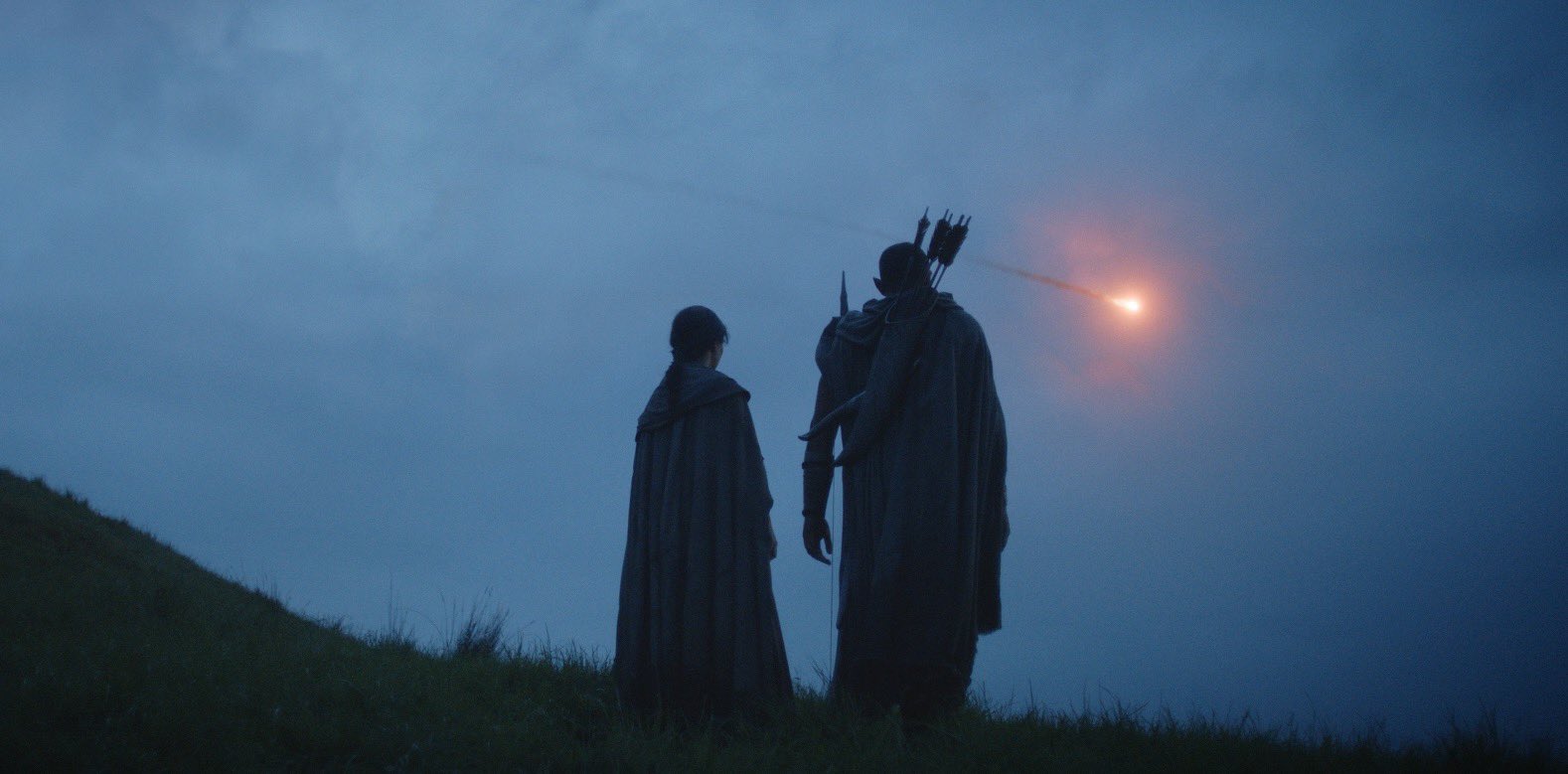

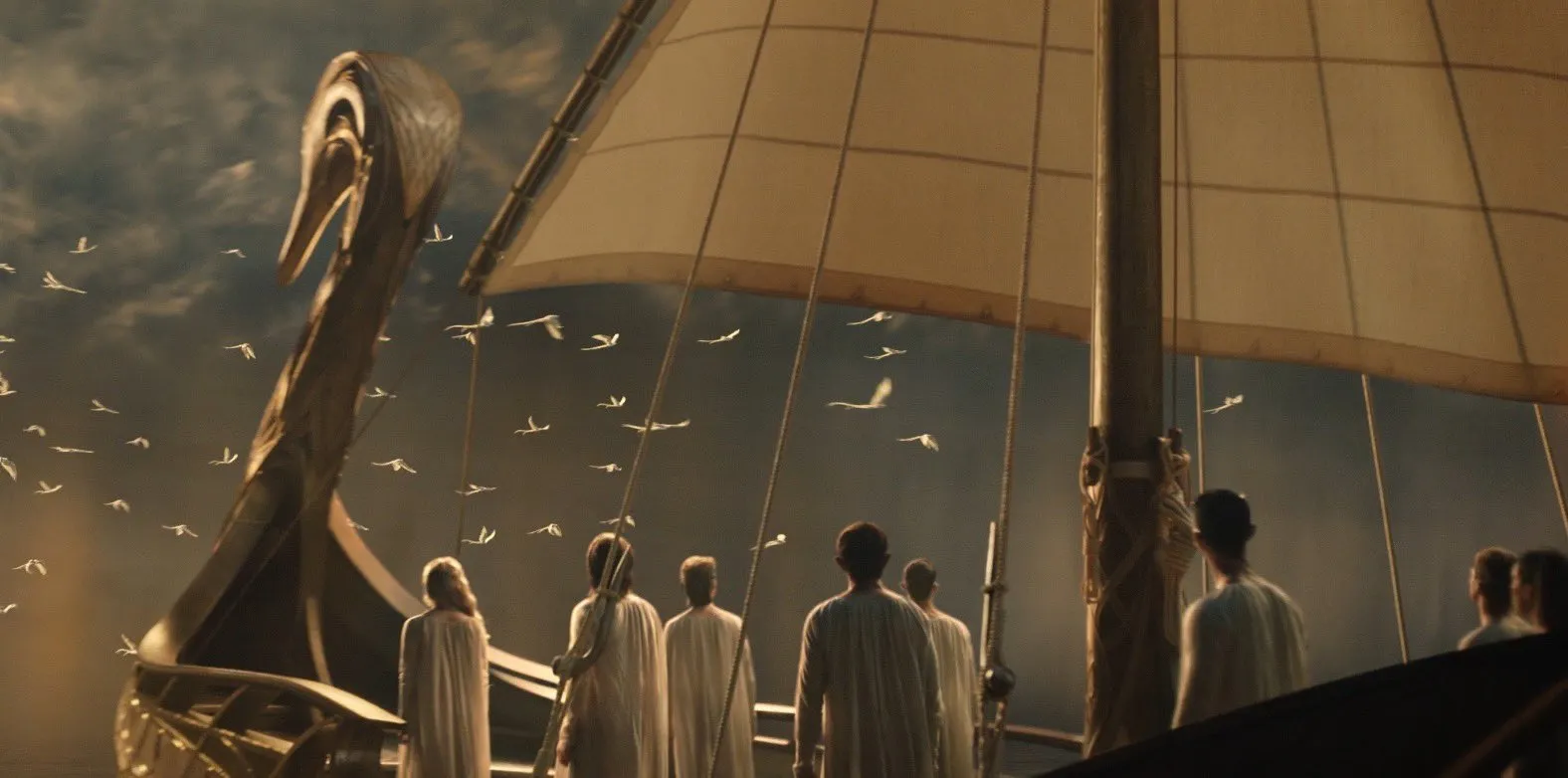
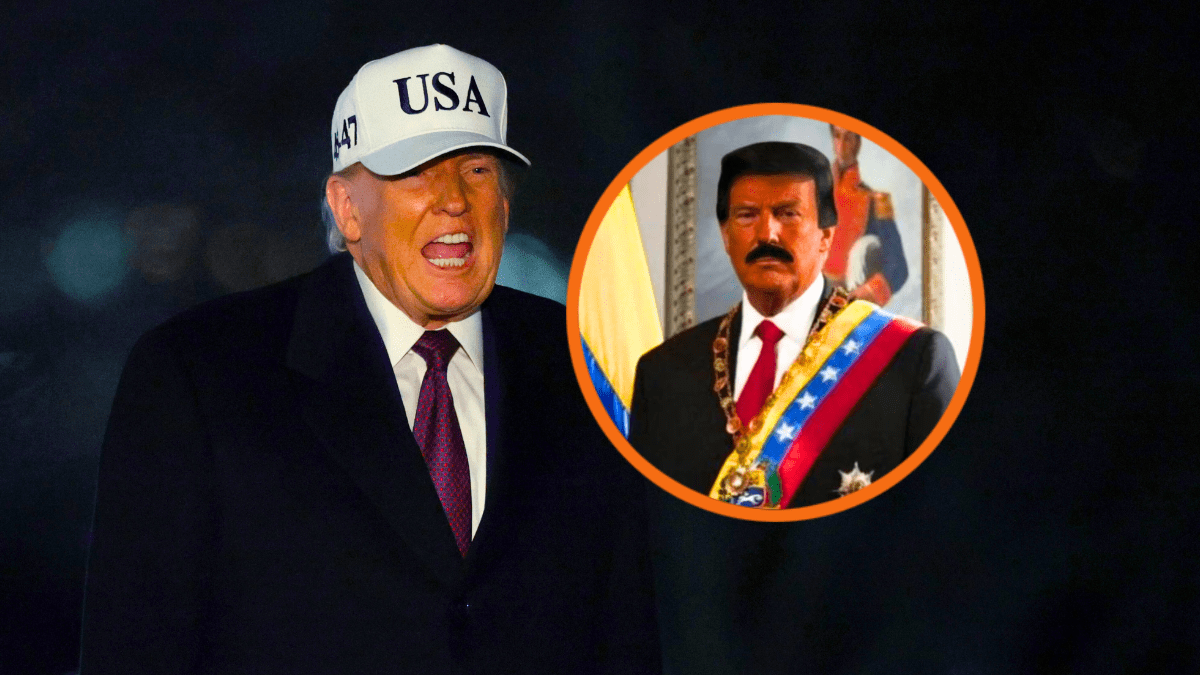
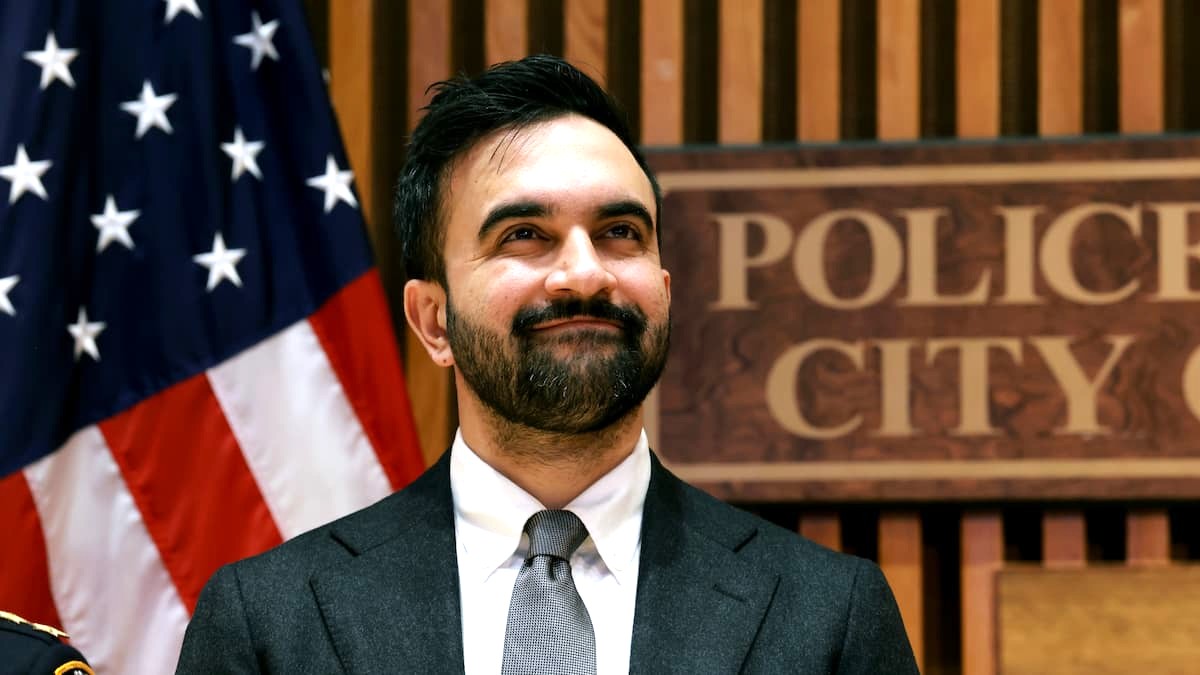




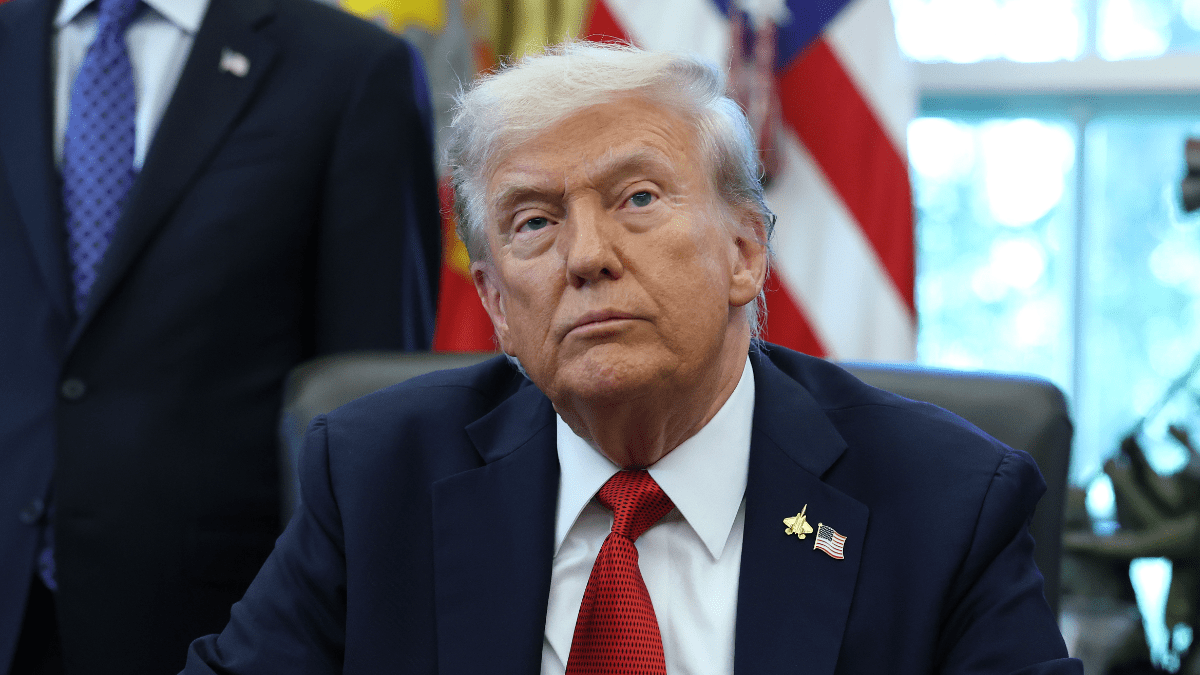
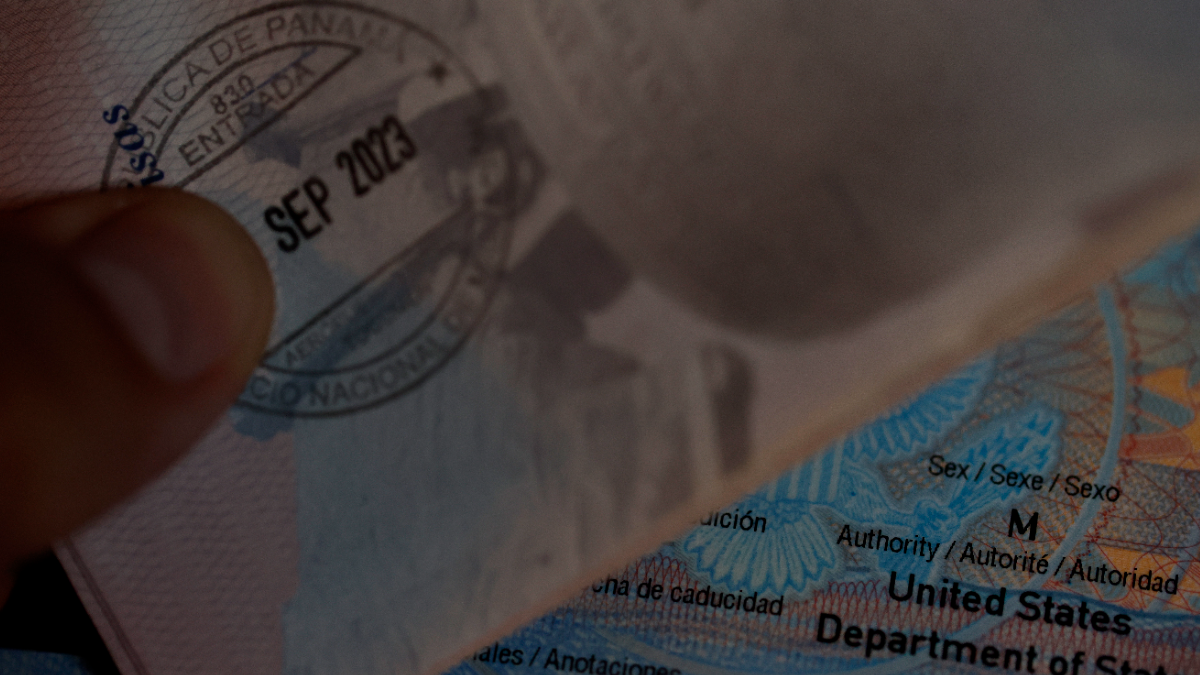
Published: Sep 15, 2022 08:43 am